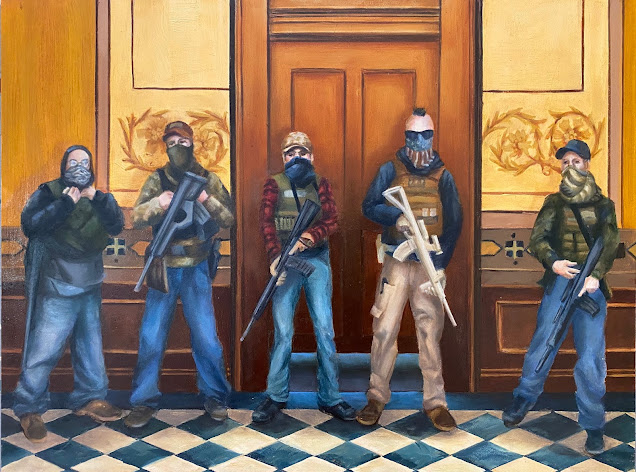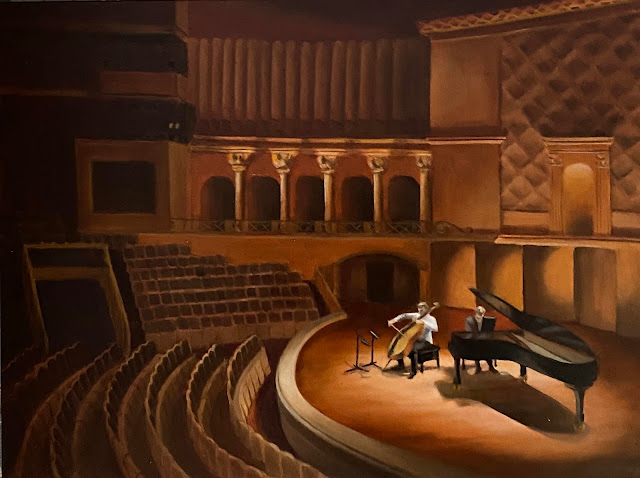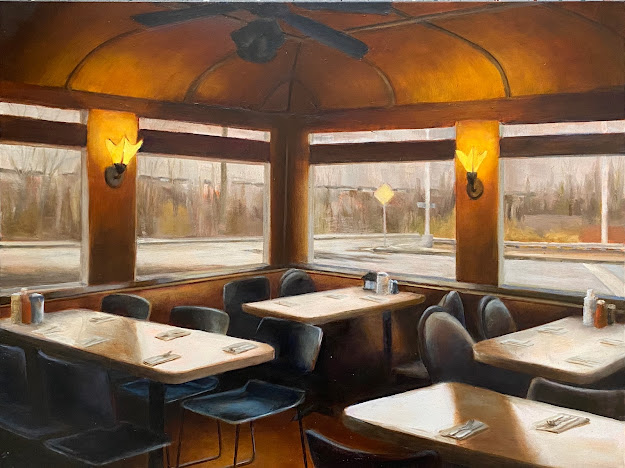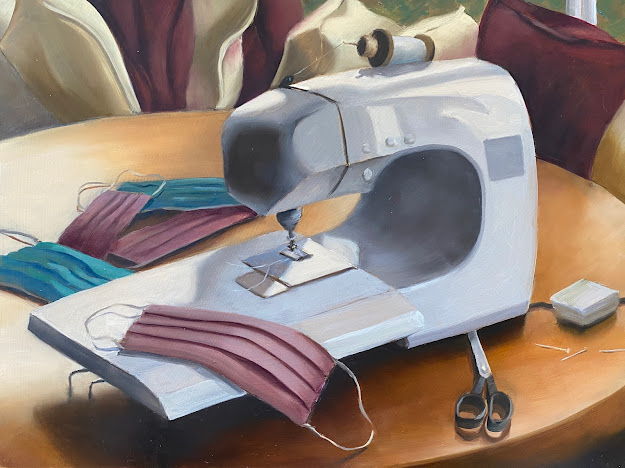What is it like to be young and have no playmates, no time at a park or school? Though social distancing is hard for everyone, children especially suffer and are affected both psychologically and developmentally by the isolation.
Routines, social interactions and friendships are some of the most important factors of a child’s psychological development. Much of early learning comes from watching, listening and mimicking others. Similarly, the development of co-ordination and physical skill takes trial, error and practice. In quarantine social and physical activity is in large part being replaced with more passive screen time. Psychological, social and physical mastery and confidence are not being built while kids are watching life rather than participating in it.
How will today’s change in the traditional childhood forms of stimulation, challenge and social contact effect the overall development of this generation? Running, climbing, singing, swinging and goofing around with other kids isn’t just fun, it’s important!















